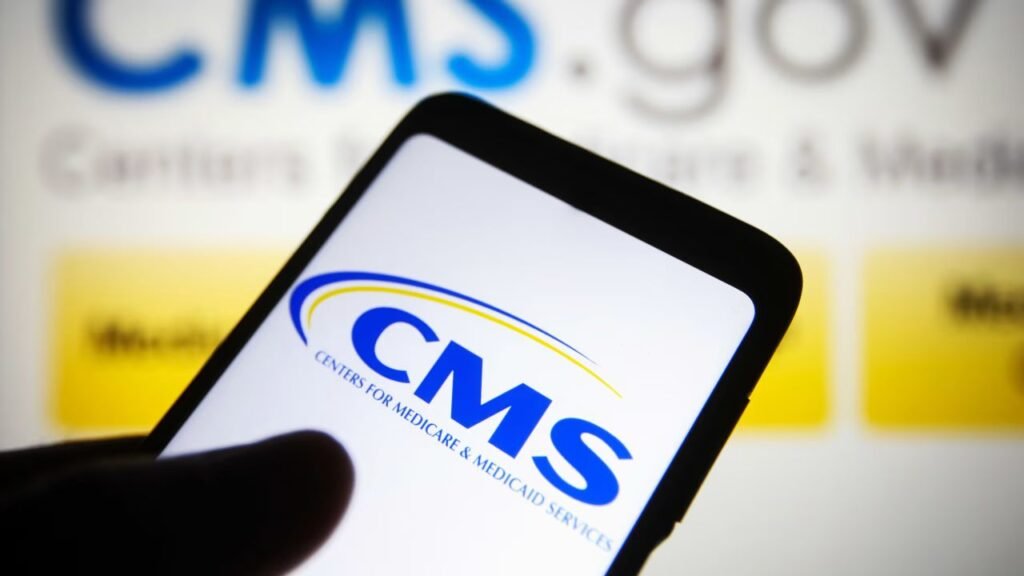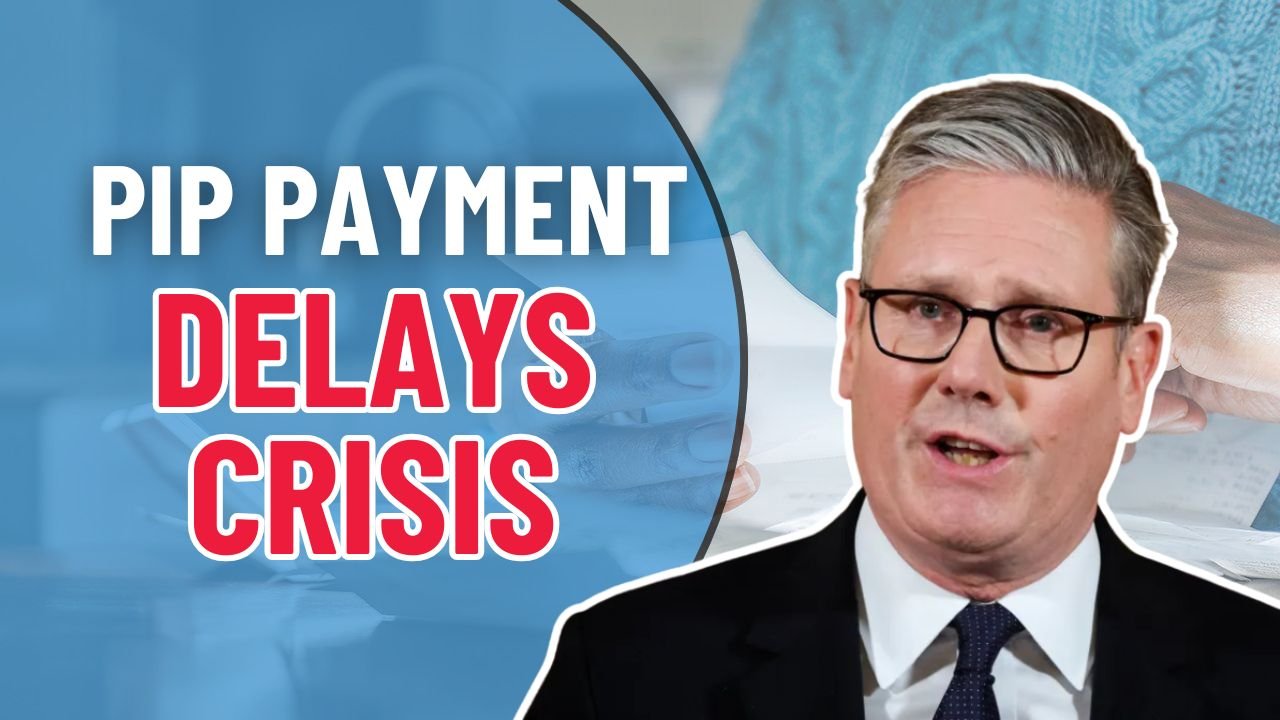Medicare, established in 1965, remains the foundation of healthcare for older Americans and individuals with disabilities. For decades, it has protected millions from high medical costs. However, as healthcare needs evolve, policymakers are pushing for updates that reflect modern challenges such as longer lifespans, higher drug prices, and the need for preventive and long-term care.
Table of Contents
Why Medicare Expansion Is Being Proposed
The demand for expanding Medicare arises from growing costs and coverage gaps. Many retirees struggle with out-of-pocket expenses, limited service coverage, and the high cost of prescription drugs. Services like dental, vision, and hearing care are currently excluded from standard Medicare, making comprehensive healthcare difficult for seniors on fixed incomes. Rising inflation and strong public support for more inclusive benefits have placed expansion firmly on the policy agenda.
Current Medicare Structure
| Medicare Part | Coverage Type | Description |
|---|---|---|
| Part A | Hospital Insurance | Covers inpatient hospital care, skilled nursing facilities, and some home health services |
| Part B | Medical Insurance | Covers outpatient services, doctor visits, and preventive care |
| Part C | Medicare Advantage | Combines Parts A and B with additional benefits through private insurers |
| Part D | Prescription Drug Coverage | Provides access to medications through private insurance plans |
Traditional Medicare does not cover dental, vision, or hearing care, leaving seniors to pay for these services out of pocket or through supplemental insurance. This gap continues to drive calls for reform.
Key Proposals for Medicare Expansion

Several proposals aim to modernize Medicare and reduce financial pressure on retirees. The most discussed changes include:
- Adding dental, vision, and hearing coverage to support senior wellness and prevent secondary health problems
- Expanding prescription drug coverage and allowing more drug price negotiations
- Lowering the eligibility age from 65 to 60 or 55 to include early retirees
- Increasing preventive and mental health services
- Strengthening oversight on Medicare Advantage plans to ensure fairness and cost control
Funding the Expansion
Policymakers are exploring multiple funding sources to support the proposed changes. Options include increasing payroll taxes for high-income earners, redirecting savings from drug price negotiations, and adjusting cost-sharing for wealthier retirees. General budget transfers could also be used, though they raise broader concerns about long-term fiscal sustainability.
Potential Impact on Retirees
If enacted, retirees could see expanded access to care and financial relief. New benefits would cover dental, hearing, and vision services, reducing out-of-pocket costs. Lowering the eligibility age would help millions nearing retirement who struggle with private insurance premiums. However, expanding coverage could also bring challenges, including potential strains on Medicare’s financial stability and possible premium adjustments for high-income beneficiaries.
What Retirees Should Do Now
Retirees and those approaching Medicare eligibility should stay informed about potential changes and plan accordingly. Reviewing coverage options during open enrollment periods, maintaining supplemental insurance, and preparing for ongoing costs can ensure better financial protection. Advocacy and participation in public discussions can also help shape the future of Medicare policies.
Frequently Asked Questions (FAQs)
- What new benefits are being considered for Medicare?
Dental, vision, and hearing care are among the most likely additions being debated in Congress. - Will the Medicare eligibility age be lowered?
Some proposals suggest reducing the age to 60 or 55, but no final decision has been made. - How will the expansion be funded?
Funding could come from increased payroll taxes, drug price savings, or general revenue transfers. - How would this impact prescription drug costs?
Medicare may gain more authority to negotiate prices, helping lower costs for seniors. - When could these changes take effect?
If approved, most expansions would likely roll out gradually over several years.



